
The Musical Genius: Unraveling the Life and History of Wolfgang Amadeus Mozart
In the annals of musical history, few names resonate as profoundly as Wolfgang Amadeus Mozart. Born on January 27, 1756, in Salzburg, Austria, Mozart’s prodigious[…]

Masterpieces of Emotion and Harmony: The 10 Best Compositions of Heinrich Schütz
Heinrich Schütz, a renowned German composer of the 17th century, remains a profound influence on classical music even centuries after his time. Revered as the[…]
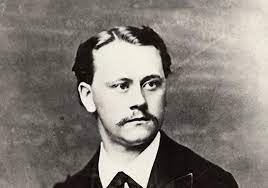
Henri Duparc: A Journey of Musical Genius
Welcome to the world of Henri Duparc, a celebrated composer whose creations continue to captivate audiences around the globe. Born into a prosperous French family[…]
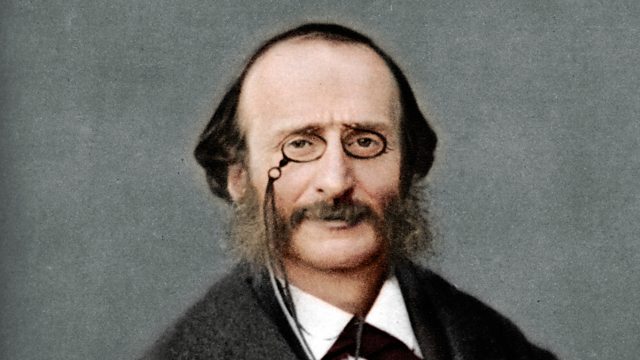
Jacques Offenbach: Unleashing the Joy of Music
In the realm of classical music, few composers have managed to captivate audiences with their exuberant melodies and infectious rhythms quite like Jacques Offenbach. Born[…]

Melodic Brilliance: Exploring Max Bruch’s 10 Best Songs
When it comes to romantic and emotive compositions, few composers can match the artistry of Max Bruch. Born in Cologne, Germany, in 1838, Bruch left[…]
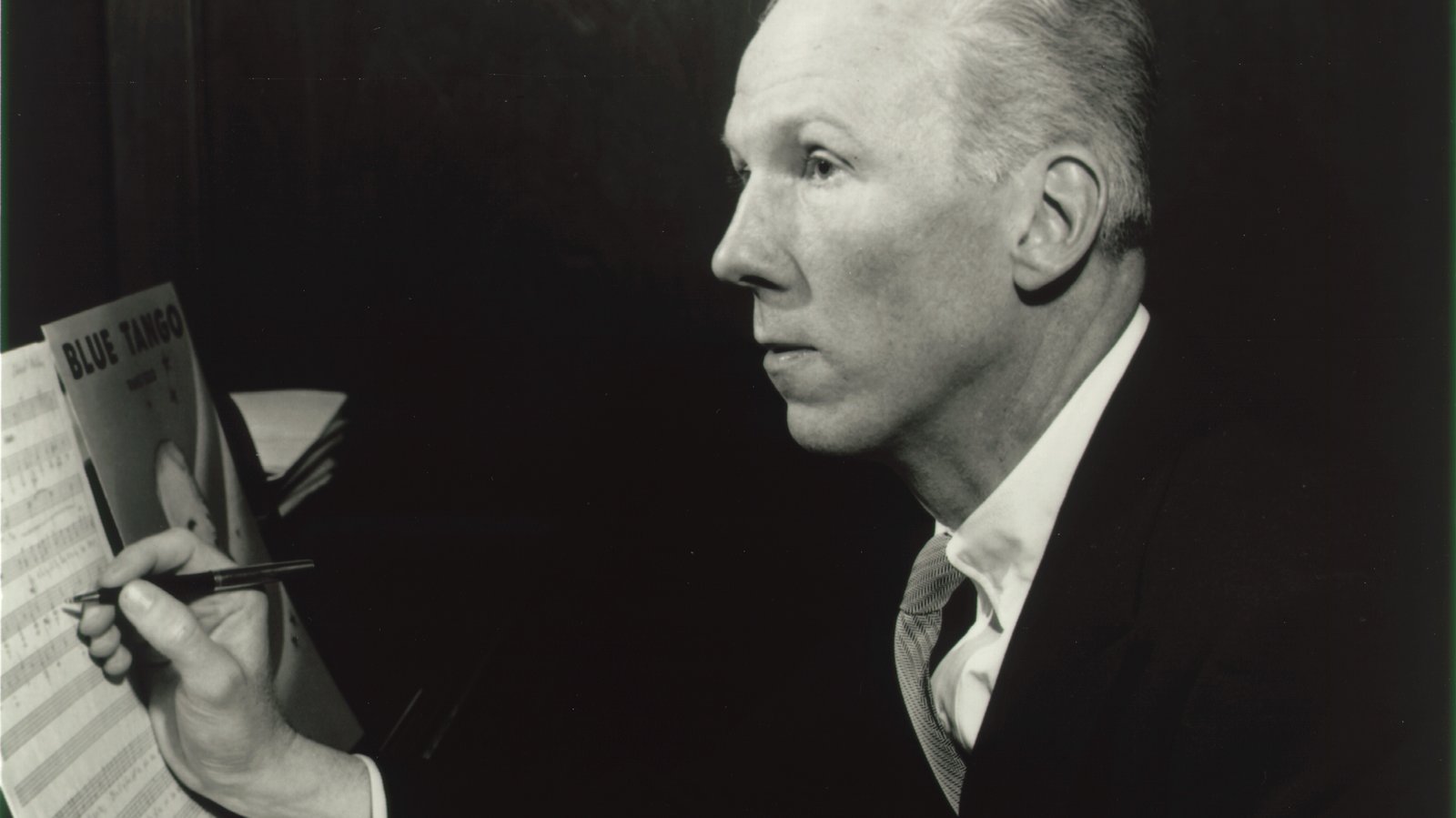
The Melodic Journey of Leroy Anderson: A Musical Biography
In the realm of American composers, Leroy Anderson stands as a legendary figure, celebrated for his distinctive melodies and rich orchestration. Born on June 29,[…]
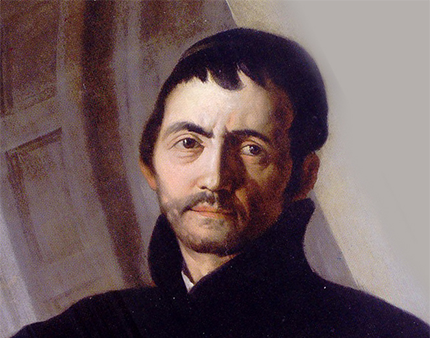
Domenico Zipoli: Exploring the Life and Legacy of an Inspirational Composer
In the rich tapestry of classical music, certain composers stand out as true pioneers and visionaries. Domenico Zipoli, an Italian Baroque composer, is one such[…]

From Harpsichords to Concert Grand: Unveiling the Magnificent Invention of the Piano
Throughout the history of music, numerous instruments have captivated audiences with their melodious sounds and unique qualities. Among these extraordinary inventions stands the magnificent piano,[…]
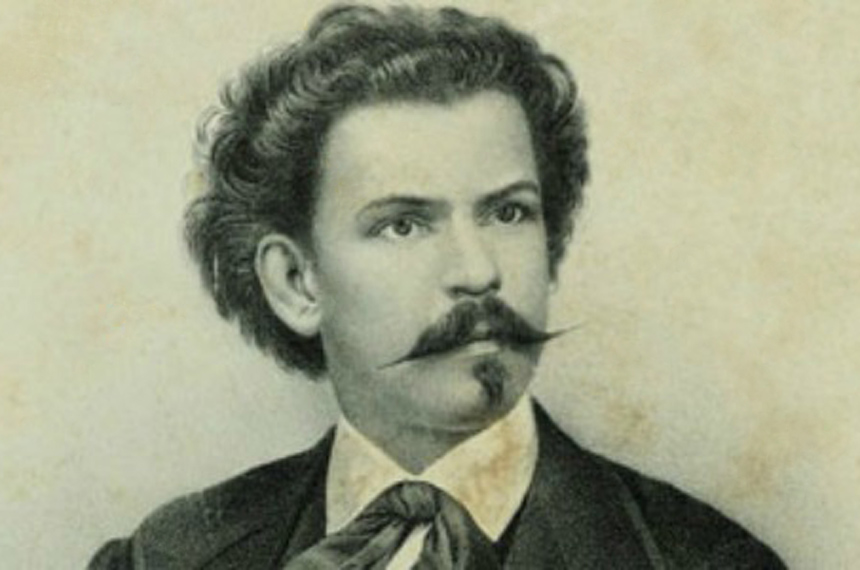
Rediscovering Genius: The 5 Best Compositions by Carlos Gomes
Carlos Gomes, a Brazilian composer of the 19th century, left an indelible mark on the world of classical music. Often referred to as the “father[…]
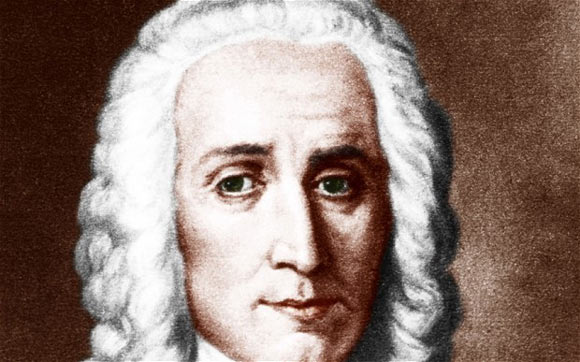
Masterpieces Unveiled: The 10 Best Compositions by Composer Domenico Scarlatti
Domenico Scarlatti, an Italian composer of the Baroque era, is widely celebrated for his remarkable contributions to the world of music. Renowned for his sonatas,[…]